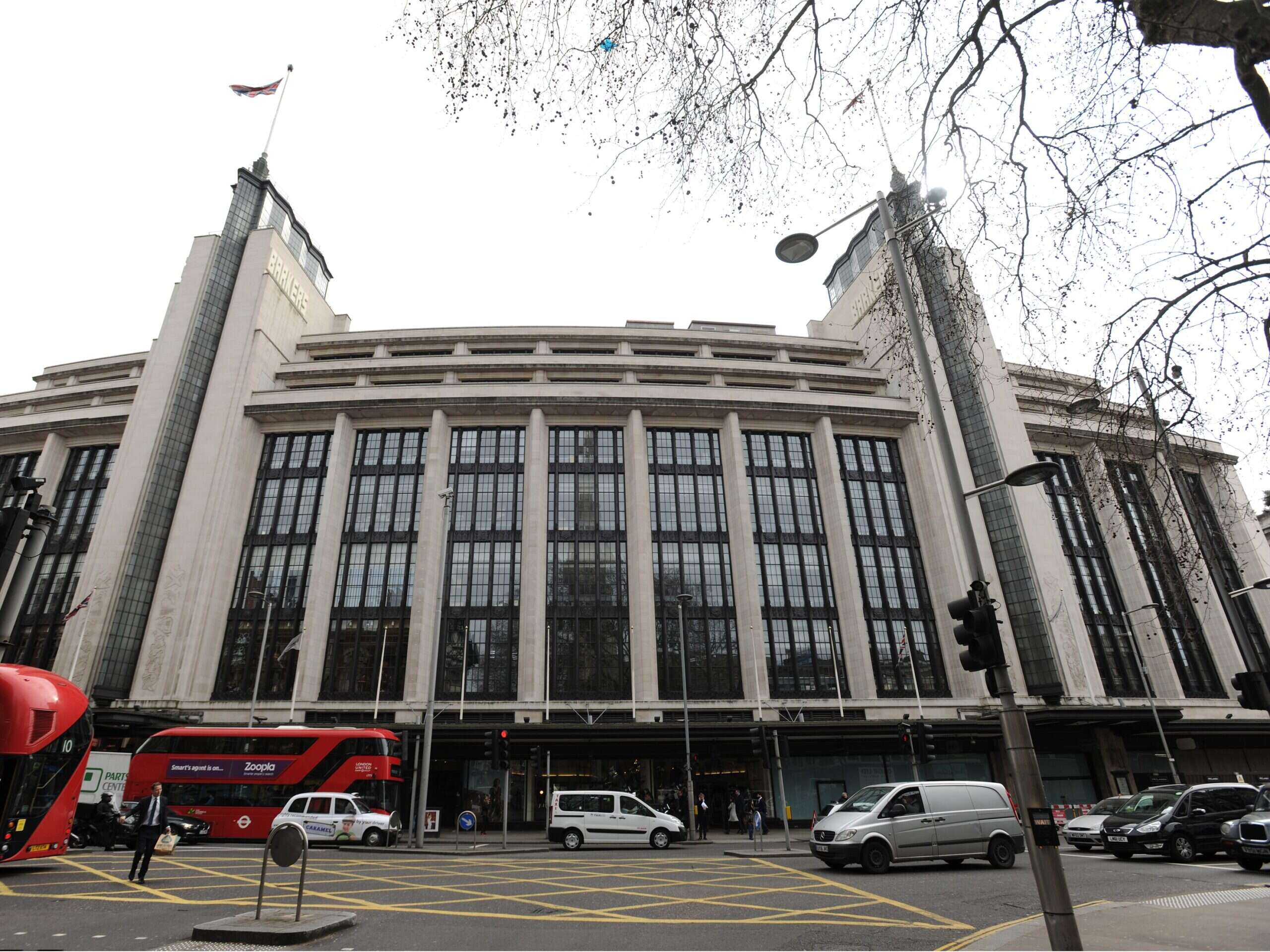
Mail Online grew revenues by 3% in the year to September despite Covid-19 hammering other parts of the business.
Mail, Metro and i publisher DMGT reported underlying revenue down 10% to £1.2bn and pre-tax profits down 36% on an underlying basis to £72m for the year to September.
In the consumer media business, DMG Media, revenue was down 13% to £604m despite an underlying 1% growth in the first five months of the financial year before Covid-19 hit.
The biggest fall in revenue was at the Metro, which reduced its circulation to a quarter of its previous levels at the start of the first UK lockdown.
By September this figure was still less than half the pre-Covid level despite commuters beginning to return to public transport, while the print advertising market remained “particularly challenging”. Metro’s revenues therefore fell 40% to £47m for the year.
The Daily Mail, Mail on Sunday, Mail Online and Daily Mail TV together reported revenue of £508m, down 9%. Mail Online made up 28% of this total and was the only part of the consumer media business to see growth.
The website’s total average daily global unique browsers, excluding third-party platforms like Snapchat and Facebook video, was up 38% to 17.3m largely thanks to interest in Covid-19 and this audience growth helped to mitigate the impact of reduced digital ad spend.
Overall revenues at the Daily Mail and Mail on Sunday fell by 12%.
[Sign up here for Press Gazette’s email newsletters: Media Monitor (strategic insight on the future of media every Thursday, PG Daily and Marketing Matters]
The financial report reveals for the first time that the Daily Mail’s Mail+ website with free daily news briefings had reached 120,000 unique visitors a week by September after launching in October 2019.
Subscriptions to the Mail’s paid-for digital enhanced edition doubled in 2020 to more than 80,000.
Advertising revenue across all the Mail businesses fell by an underlying 9% to £231m, including a 26% decline in print advertising which the company put down to both Covid-19 and the existing structural and competitive challenges in the market. Digital advertising accounted for 65% of total advertising.
The business expects the advertising market to remain “both challenging and volatile” in the next year as circulation continues to fall.
DMGT bought the i paper at the end of November 2019 and the deal was cleared by the Government in March.
Revenue from the i newspaper fell by an underlying 10% to £27m in DMGT’s ten months of ownership due to the circulation and advertising market challenges but, once the Competition and Markets Authority gave the go-ahead, cost savings were made through integration between the i and its new sister titles.
Of DMGT’s other businesses, events and exhibitions were by far the hardest hit with revenue down by a third, while the insurance risk and EdTech divisions saw growth of 2% and 7% respectively.
DMGT chief executive Paul Zwillenberg said: “The pandemic has brought significant disruption and change to our markets but the strategic and financial actions we have taken have ensured that we coped well and remained on the front foot.
“We have benefitted from our diversified portfolio of market-leading businesses and strong balance sheet,” he said, highlighting that Mail Online had “performed strongly, growing revenue and profit margin”.
“I am pleased with DMGT’s performance in a highly challenging environment and am immensely proud of the way that everyone at DMGT has responded,” Zwillenberg added.
“We have an embedded performance management culture with a ROI mindset and the Group is resilient, adaptable and future-focused.”
See the full DMGT results presentation for the year to September 2020.
Email pged@pressgazette.co.uk to point out mistakes, provide story tips or send in a letter for publication on our "Letters Page" blog
